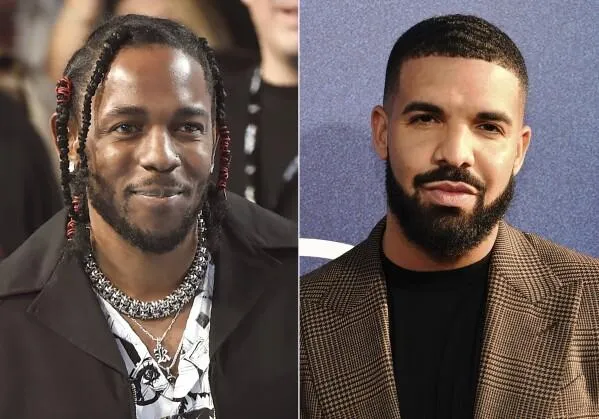
Kendrick vs. Drake
Kendrick Lamar vs. Drake: The Modern Rap Rivalry Defining a Generation
In the world of hip-hop, few rivalries have captured public attention like Kendrick Lamar vs. Drake. Both artists represent distinct philosophies of rap: Kendrick, the poetic and politically-charged storyteller from Compton, and Drake, the Toronto-born hitmaker who blends vulnerability with mainstream appeal. Their careers have run parallel for over a decade, but recent lyrical jabs and competitive tension have brought the rivalry to a boiling point, forcing fans to choose sides—or at least recognize the battle lines drawn.
Kendrick Lamar’s strength lies in his depth. He’s a Pulitzer Prize-winning lyricist who crafts concept albums like To Pimp a Butterfly and DAMN., weaving social commentary into dense, introspective bars. His verses often challenge the status quo, and his recent diss tracks—including the now-infamous “Not Like Us”—have reminded the world of his raw, technical prowess. For Kendrick, rap is a form of protest and precision, and his jabs at Drake cut deep because they target authenticity—arguably the most valued currency in hip-hop.
Drake, meanwhile, dominates in a different arena: commercial longevity and cultural omnipresence. With hit after hit, from Take Care to Certified Lover Boy, he has consistently topped charts and shaped the sound of modern hip-hop and R&B. Drake’s counter to Kendrick is less about bar-for-bar combat and more about his empire-building—his ability to remain relevant across eras, styles, and demographics. However, critics argue that his versatility sometimes comes at the cost of artistic substance, a critique Kendrick fans often leverage.
At its core, the Kendrick vs. Drake rivalry reflects hip-hop’s eternal tension between art and commerce, lyricism and popularity. It’s less about who “won” and more about what each artist represents. Whether you favor Kendrick’s cerebral complexity or Drake’s melodic consistency, their battle has reinvigorated rap’s competitive spirit. And in the end, the fans win—because this rivalry is pushing both artists to deliver their most compelling work yet.
